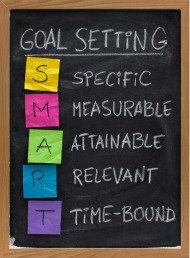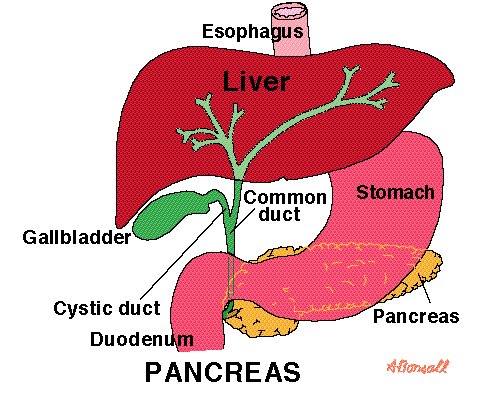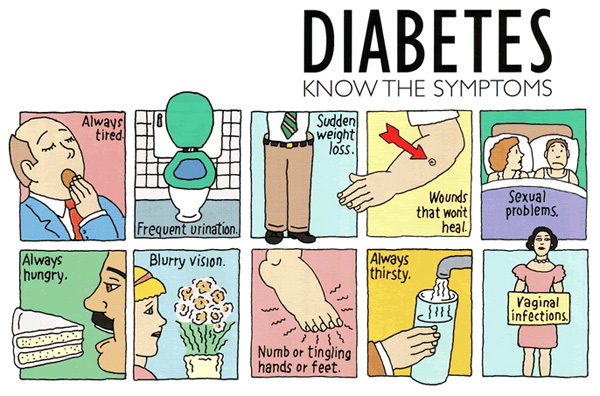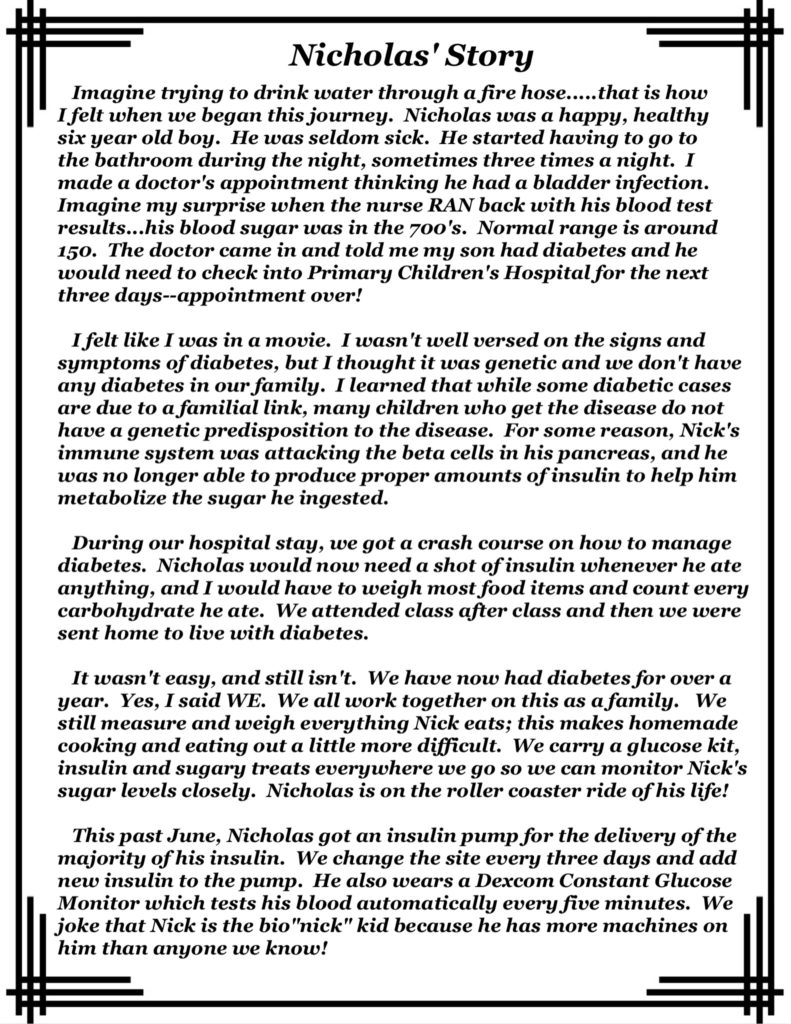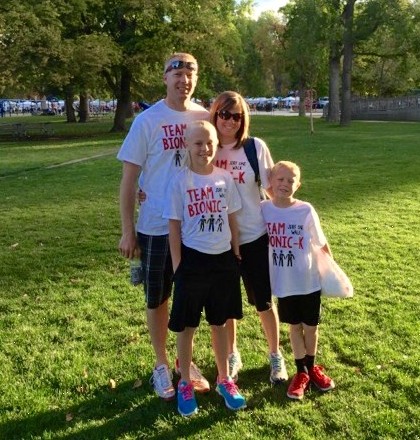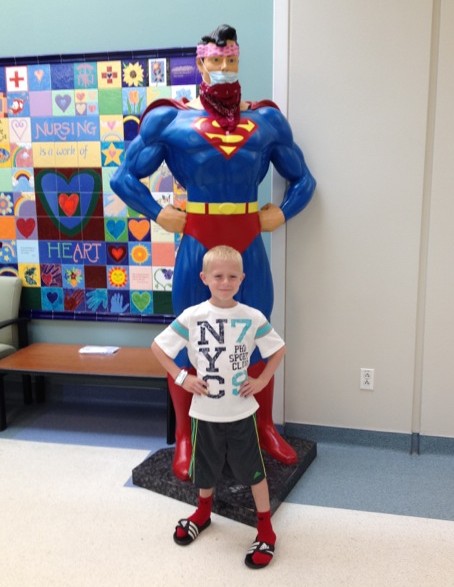The Healthy, Wealthy And Wise! Coping With Endometriosis!
It is generally known that October is breast cancer and women’s health awareness month. Having some key women’s health issues highlighted will hopefully serve as a good reminder for all of us to better care for ourselves and be more proactive when it comes to any unresolved health concerns. We are worth it, you know! A checklist to a more commont sense approach to women’s health can be found here.
For this month’s “Healthy, Wealthy And Wise” blog post, I’d like to present some important information about the very prevalent, but often misunderstood disease of endometriosis. The website, endochallenge.com states that as many as one in ten women suffers from the painful effects of endometriosis. During my child-bearing years, I endured endometriosis and my daughter-in-law has been coping with the symptoms of this devastating illness for several years now, so I’ve asked her to share her story here.
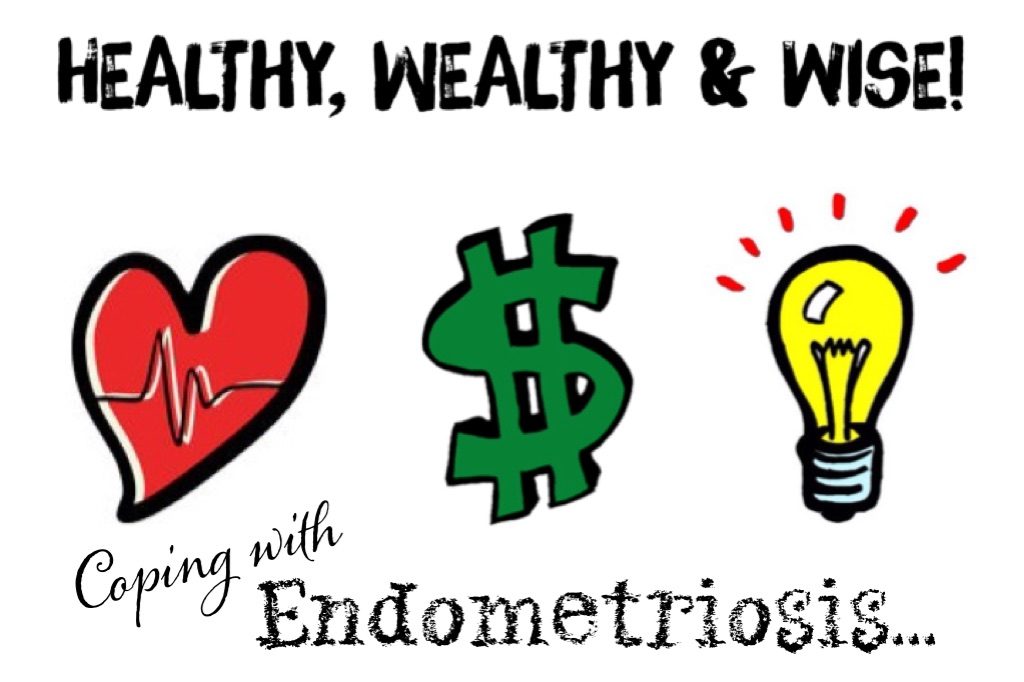
“Endometriosis is not thought of as a big deal because it doesn’t kill like cancer, but for me, it’s the biggest life event I can remember. It consumes my whole world. Endometriosis is constantly shaping my present and my future.” Padma Lakshimi, Celebrity Chef
Signs and Symptoms Of Endometriosis!
First of all, let’s tackle the tough task of defining exactly what endometriosis is, and the symptoms associated with this disease.
According to Endometriosis Foundation of America, endometriosis is when the growth of tissue that is usually found inside the uterus, grows outside the uterine cavity. Endometriosis often occurs on the ovaries and outer surfaces of the uterus, but can also spread to the intestines and other internal organs. When a woman’s hormone levels change during her period, the abnormal tissues often grow and break down leading to severe pain and eventual scar tissue formation. The cause of endometriosis is not too well understood, but hereditary factors seem to play a role. It’s also possible that the endometrial tissue travels to these areas during a normal menstrual cycle.

Symptoms of endometriosis may include the following:
• Severe pain and excessive bleeding during a menstrual cycle.
• Painful urination or bowel movements are often experienced as the endometrial tissue rubs against the intestines or other organs from implants on the back of the uterus.
• Fatigue and depression also becomes a big factor with this disease as a woman’s body often suffers unusual hormonal imbalances.
• Exercise and normal activity can be impeded by the severe pain of the abnormal tissues and scarring that causes binding of internal tissues and organs.
• Infertility is often the most devastating symptom of this disease, since the ovaries are very susceptible to the damage caused by the scar tissue that develops with this disease.
There is no cure for endometriosis, but common treatments include the use of anti-inflammatory drugs and muscle relaxants to help control pain, including short-term use of narcotics during peak pain times, usually at the onset of a woman’s menstrual cycle. Birth control pills and other hormone therapy help keep the endometriosis from getting worse. Surgery via a minimally invasive laparoscopy procedure is a viable choice as well, to help remove endometrial growths and scar tissue.
Whitney’s Story!
My father loved to hear about other people’s life experiences, he always used to say, “Wise is the person who learns from another’s story and makes his own better!” Here then is my daughter-in-law, Whitney’s story…I hope it will inspire you as you face your own unique life journey.
First of all, I want to make it very clear that what I’m going to write in this post are my personal feelings and experiences after being diagnosed with endometriosis.
I was diagnosed with endometriosis about two years ago. The doctors I saw didn’t really suspect I had endometriosis until I started seeing a fertility specialist, but it’s likely that I have had endometriosis for many years. In the research I’ve done since my diagnosis, I feel that endometriosis is often misunderstood by the medical community and that women would benefit a great deal if more research was done about this disease. There is no real clear explanation as to why endometriosis happens, and treatment is somewhat limited, however, this is not necessarily due to lack of understanding about the disease, but more because of its nature.
My biggest complaint in the years leading up to my diagnosis was severe cramping during physical activity, such as going for a run. This wasn’t the typical cramping you get when you have pushed yourself to your full capacity, but rather a dull cramping in the pelvic region that’s very similar to menstrual cramps that would start after only about a mile of running. When I attempted to explain the symptoms I was having to the gynecologist I was seeing at the time, he acted like he really didn’t know what was going on. In hind sight, I find it a bit strange that my doctor didn’t suspect endometriosis as being the culprit. This is one example of why I believe that there may be many women who are suffering some of the symptoms of this disease that are not being recognized as such.
As already mentioned, I was diagnosed with endometriosis disease after I began seeing a fertility specialist, and a third failed in-vitro fertilization attempt ultimately led me make the decision to have laparoscopic surgery to help determine the exact condition of my reproduction organs. During the surgery, it was found that I had stage three endometriosis–stage four, being the worst case scenario.
Even after repeated surgeries, the likelihood of endometriosis returning is usually guaranteed. A laparoscopy procedure is considered a minor surgery, but it is still surgery–which involves anesthesia, a recovery period, and the possibility of bleeding afterward etc. Other treatments involve hormone therapy that requires taking some form of birth control pill, but often these medications resulted in me being sick and somewhat emotionally unstable, which isn’t good for either you or your husband. The option of having a hysterectomy at my age,, I believe needs no explanation, and comes with consequences that I’m not ready for now.
So here’s some advice I’d offer readers, do not rely solely on the information your doctor may be telling you. If you suspect you have endometriosis and your gynecologist isn’t listening to you, seek another opinion. Go see an infertility specialist if needs be, simply because he has more knowledge and expertise where this diagnosis is concerned. The more informed you become and the sooner you confirm that you do indeed have endometriosis, there’s less likelihood that it will have such an inhibiting impact on your daily life…and taking control of your health is very empowering. It would be helpful as well, to see a community of women brought together who are all coping with similar symptoms of this elusive disease, where you feel comfortable asking questions, discussing concerns and sharing information as the research and treatments are advanced. Obviously, it goes without saying that being more aware goes a long way to improving quality of life!
You can read more about Jake and Whitney’s story and their decision to adopt here.
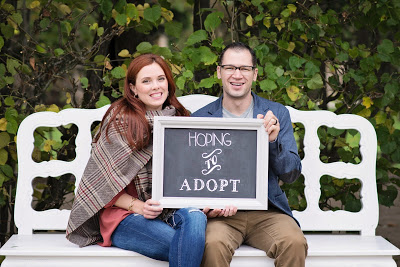
A fervent hope of anyone who is coping with a debilitating illness, or dealing with any other sort of personal struggle, is that these words will resound in the hearts of all of us who offer our support!
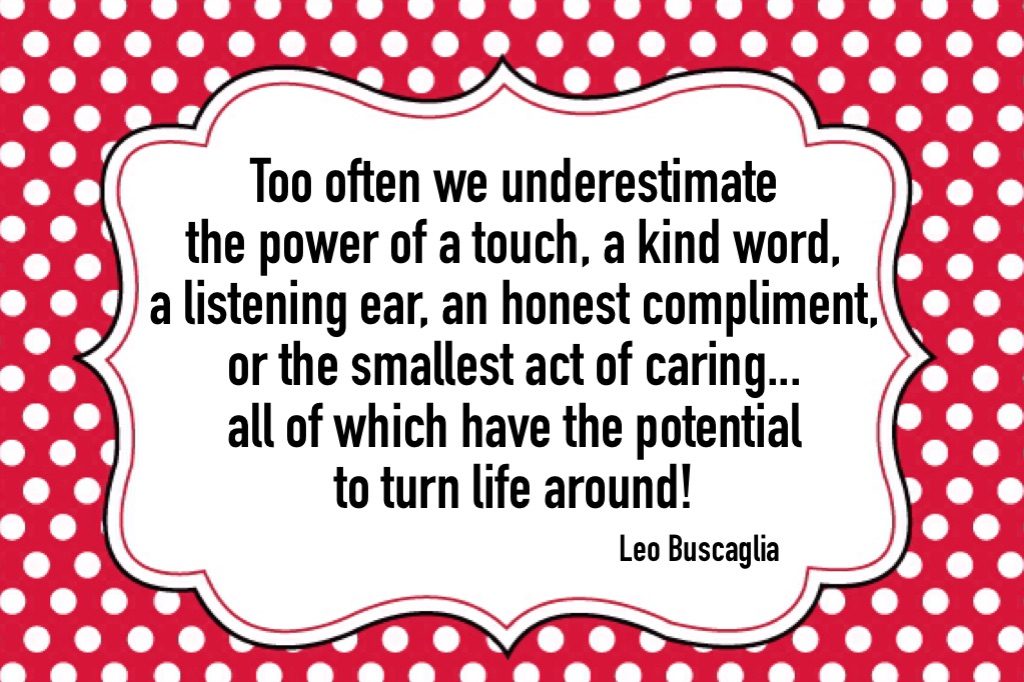
Here’s to much health and happiness for all of us!
How do you take on a challenge or deal with a personal struggle?
–Mary
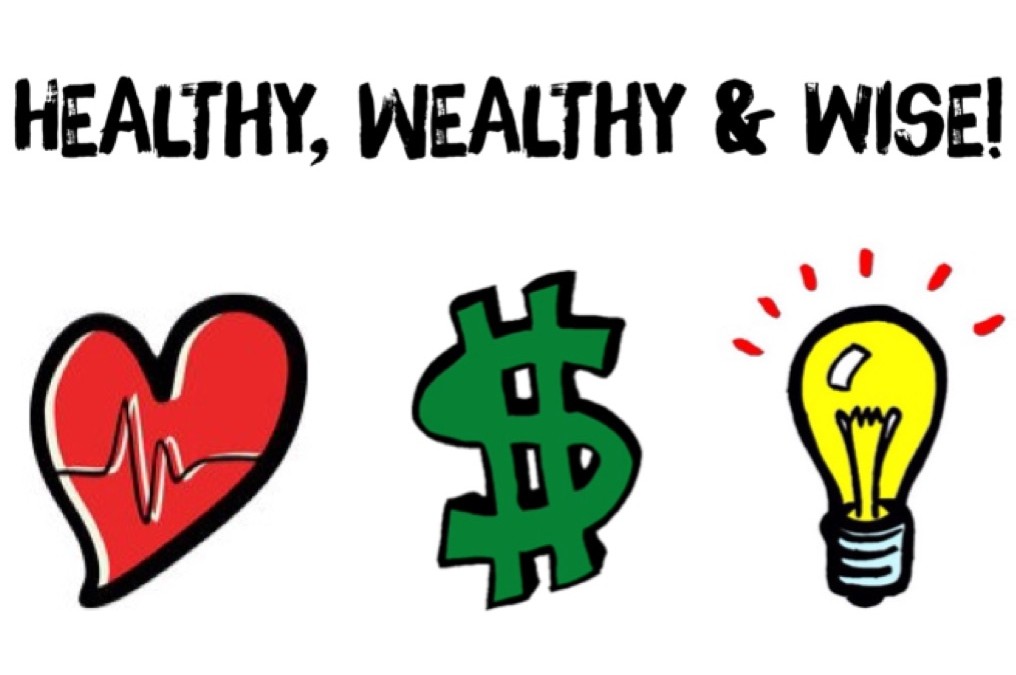
 It seems to go without saying, that a common New Year’s goal for almost everyone is to live healthier. For me, this includes taking a common sense approach; voodoo diets or quick-fix tactics just don’t work. I have found that it seems to work best if I try and incorporate a few key core strategies that ultimately become a part of my overall lifestyle. In my studies about nutrition over the years, one factor is always proven true…calories count!
It seems to go without saying, that a common New Year’s goal for almost everyone is to live healthier. For me, this includes taking a common sense approach; voodoo diets or quick-fix tactics just don’t work. I have found that it seems to work best if I try and incorporate a few key core strategies that ultimately become a part of my overall lifestyle. In my studies about nutrition over the years, one factor is always proven true…calories count! No doubt, after holiday expenses, most of us are feeling a little cash crunch as we pay off our bills and start to think of financial goals for the new year ahead.
No doubt, after holiday expenses, most of us are feeling a little cash crunch as we pay off our bills and start to think of financial goals for the new year ahead.
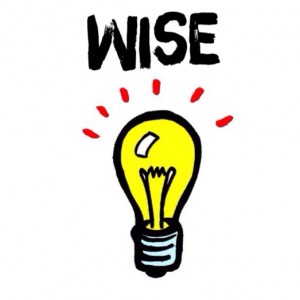 I love celebrating the arrival of a fresh new year and the anticipation of what might be ahead in the upcoming year, but as stated in this previous journal entry, making new year’s resolutions tends to make me a little grumpy! But recently, I heard about a smart way to outline goals so that they’re a lot more doable and a little less daunting.
I love celebrating the arrival of a fresh new year and the anticipation of what might be ahead in the upcoming year, but as stated in this previous journal entry, making new year’s resolutions tends to make me a little grumpy! But recently, I heard about a smart way to outline goals so that they’re a lot more doable and a little less daunting.